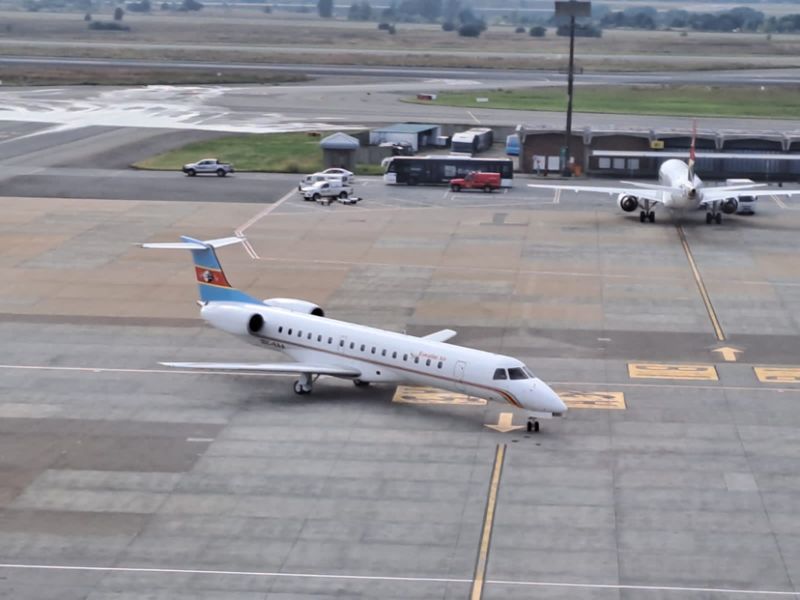Africa's airlines are set to earn a collective net profit in 2024 for a second consecutive year after recovering from the COVID-19 pandemic. However, the anticipated $100 million profit translates to around 90 cents per passenger - well below the global average of $6.14, said the International Air Transport Association (IATA).
""Africa's airlines are making a collective profit,"" said IATA regional vice president for Africa and the Middle East and former Kuwait Airways CEO Kamil Al Awadhi. ""That is good news. But it is razor-thin and well below the global benchmark.""
IATA called on Africa's governments to take advantage of the strengthening aviation sector to maximise its benefits for economic and social development across the continent.
Alawadhi said: ""The African airline sector needs to overcome many challenges, not least of which are infrastructure deficiencies, high costs, onerous taxation, and the failure to broadly implement a continent-wide multilateral traffic rights regime.""
He added: ""The potential for aviation in Africa is huge. It has 17% of the world’s population yet only contributes about 2% of total global travel.""
IATA had conducted an analysis of 607 bilateral air service agreements (BASA) in Africa revealed limitations on the development of intra-Africa connectivity. It found that over half of these agreements' implementation were being compromised. IATA said to develop a single African air transport market (SAATM), Africa's governments have to back SAATM with action.
Additionally, it found that in June 2024, the amount of blocked funds in African countries stood at $880 million, just over 52% of the $1.68bn in blocked funds globally. However, it has improved following Nigeria clearing 98% of the total funds blocked ($831 million).
IATA had also urged South Africa’s new government of national unity to continue prioritising the development of its aviation sector to create jobs and boost economic growth.
“With aviation generating $6 in economic activity for every $1 spent, this expansion will inject billions into South Africa’s GDP and create thousands of new jobs. It is important for the new government to keep this as a strategic focus,” said Al Awadhi.
“The economic and social benefits of aviation will be maximized with a sharp policy focus on keeping costs low, providing sufficient capacity to grow, monitoring the cost-effectiveness of regulations, and achieving net zero carbon emissions by 2050.”
African airlines set for a small profit in 2024

